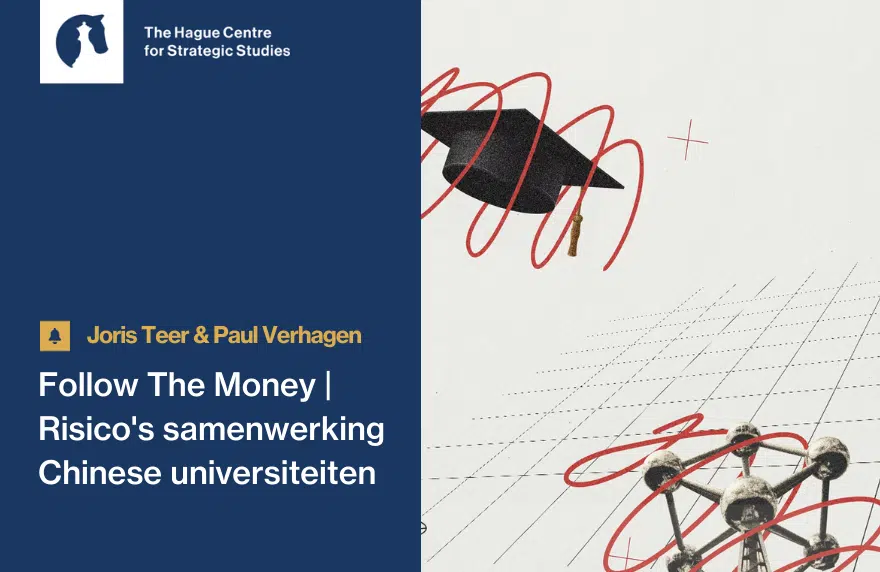Voor Carré, nieuwsblad van de Nederlandse Officieren Vereniging, schreef Dr. Jaap Anten een artikel over China en de veronderstelde Nederlandse defensiekeuzes voor 2035, waarin hij refereert aan een recent rapport van HCSS over de toekomst van de Koninklijke Marine:
Een […] deel van de China-kenners heeft wel belangstelling. Veel Nederlandse defensiekenners oriënteren zich namelijk op Anglo-Amerikaanse defensiebronnen over China en identificeren zich veelal – zonder gebruik te maken van de kennis in Nederland zelf – nogal met het steeds negatievere beeld van dit land. Westers ingrijpen wordt in de regel gezien als positief, of in ieder geval als positief bedoeld. Een heldere vergelijking tussen Amerikaanse belangen en Amerikaanse vijandbeelden met de onze wordt op zijn best onvoldoende uitgewerkt. Ook niet voor de toekomst, de periode 2030 – 2035, waarvoor een recent rapport van het The Hague Centre for Strategic Studies (HCSS) is bedoeld: Geopolitics and Maritime Security: A broad perspective on the future capability portfolio of the Royal Netherlands Navy [34].
Op pagina 82 lezen we bijvoorbeeld: ‘As the US considers China and Iran its principle adversaries, they are likely to take the lead in counter-A2AD operations in the South China Sea and the Persian Gulf. Where the US are leading, its allies – including the Netherlands – could be tasked to protect the adjacent SLOCs and choke points. It is unlikely that this will include strike operations from the sea.’
Als de VS, na eenzijdig het nucleair akkoord met Iran te hebben opgezegd, betrokken raken bij een ernstige escalatie, die ongetwijfeld de Straat van Hormuz omvat, kunnen Amerika’s bondgenoten daar blijvend buiten de strijd blijven?
Mogelijk zal – onder verwijzing naar het boek De Nieuwe Wereldorde van HCSS-directeur Rob de Wijk – wel worden opgemerkt dat China in 2050 die orde behoorlijk zal bepalen [36]. Maar dat is ver weg en het zal de receptuur voor 2035 niet op zijn kop zetten. Een iets warmere wereld, ja, maar eentje waarin de veronderstelde eigen wereldorde vanwege het eigen veronderstelde moreel-juridisch gelijk – desnoods afdwingbaar met defensiematerieel, ‘maar dan moet dat er wél komen!’ – nog wel overeind blijft.
Lees het volledige artikel via Carré.




